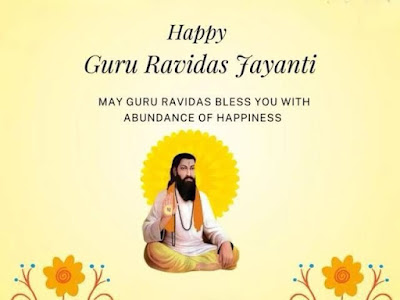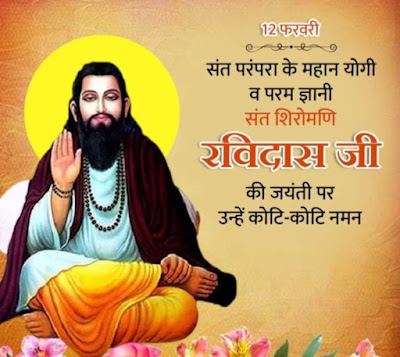तुलसी तीनों न मिटे - धार मार आकार
राम चरित मानस के रचयिता संत तुलसी दास इस दोहे के माध्यम से अध्यात्मिक जीवन के एक कटु सत्य की ओर हमारा ध्यान आकर्षित करते हैं l
वह कहते हैं कि जैसे एक लोहे की तलवार पारस पत्थर का स्पर्श करके सोना तो बन जाती है लेकिन उसका आकार और गुण वैसे का वैसा ही रहता है l
उसकी तीक्ष्णता और कार्यप्रणाली पहले जैसी ही रहती है।
बेशक उसमें चमक तो आ जाती है और उसकी कीमत भी कई गुना बढ़ जाती है। वह दर्शनीय और प्रशंसनीय भी बन जाती है लेकिन न तो उसका आकार बदलता है - और न ही उसकी पैनी तीखी धार। और न ही उसका मार काट करने वाला गुण ही बदलता है l
भले ही वो तलवार अब सोने में बदल चुकी है लेकिन फिर भी यह किसी को घायल करने में सक्षम है और अगर कोई उसे दबाने अथवा उसके रास्ते में आने या बाधा बनने की कोशिश करे तो उसे काट भी सकती है।
(प्राचीन काल की गाथाओं में पारस पत्थर का ज़िक्र मिलता है। केवल भारत में ही नहीं बल्कि पश्चिमी देशों में भी ऐसी मान्यता थी कि कोई भी धातु पारस पत्थर के सम्पर्क में आते ही या उसे छूते ही सोने में परिवर्तित हो जाती है। ग्रीक माईथोलोजी और अरबी साहित्य में भी पारस और अमृतजल अथवा आबे ज़मज़म इत्यादि का ज़िक्र मिलता है।)
इस दोहे में तुलसी दास जी इस मान्यता का उदाहरण देते हुए कहते हैं कि जिस तरह पारस का स्पर्श करके एक लोहे की तलवार सोने में तो परिवर्तिति हो जाती है लेकिन उस का गुण और कर्म नहीं बदलता।
उसी तरह ज्ञान प्राप्ति के बाद सत्संग एवं संतों के सानिध्य से जीवन में सुख तथा यश और मान तो मिलने लगते हैं लेकिन इन्सान का स्वभाव आम तौर पर नहीं बदलता l
जिनके स्वभाव में पहले से ही विनम्रता हो वो हमेशा विनम्र ही बने रहते हैं l
लेकिन जिनके ह्रदय में स्वभाविक रुप से ही अभिमान और दम्भ हो -
जिन के मन में स्वयं को दर्शाने तथा लीडर शिप की भावना और इच्छा होती है, वो अध्यात्मिक क्षेत्रों में भी स्वयं को दर्शाने - दूसरों से आगे रहने और सब पर नियंत्रण रखने का यत्न करते रहते हैं।
तो क्या इसका अर्थ ये हुआ कि इन्सान का स्वभाव कभी नहीं बदल सकता ?
दूसरे दोहे में संत तुलसी दास जी कहते हैं कि एक उपाय है जिस से स्वभाव को बदला जा सकता है l
"ज्ञान हथौड़ा जे मिले, सतगुरु मिले सुनार
तुलसी तीनों मिट गए धार मार आकार "
तलवार की धार और आकार को हथौड़े से बार बार चोट करके बदला जा सकता है l
"ज्ञान हथौड़ा जे मिले, सतगुरु मिले सुनार
तुलसी तीनों मिट गए धार मार आकार "
तलवार की धार और आकार को हथौड़े से बार बार चोट करके बदला जा सकता है l
उसे स्वर्ण कलश, स्वर्ण आभूषण या स्वर्ण मूर्ति में रुपान्तरित करके उसके मार काट करने के गुण को भी बदला जा सकता है l
इसी तरह संतों के वचनों को बार बार सुनना और ज्ञान को बार बार अपने ह्रदय में दोहराना एक प्रकार से हथौड़े का काम करता है जिस से धीरे धीरे इंसान का गुण और स्वभाव बदलने लगता है।
लेकिन गुरु ज्ञान और संतों के वचनों की चोट कानों पर नहीं, ह्रदय पर पड़ेगी तभी स्वभाव बदलेगा .… अन्यथा नहीं।
इसी तरह संतों के वचनों को बार बार सुनना और ज्ञान को बार बार अपने ह्रदय में दोहराना एक प्रकार से हथौड़े का काम करता है जिस से धीरे धीरे इंसान का गुण और स्वभाव बदलने लगता है।
लेकिन गुरु ज्ञान और संतों के वचनों की चोट कानों पर नहीं, ह्रदय पर पड़ेगी तभी स्वभाव बदलेगा .… अन्यथा नहीं।
" राजन सचदेव "

